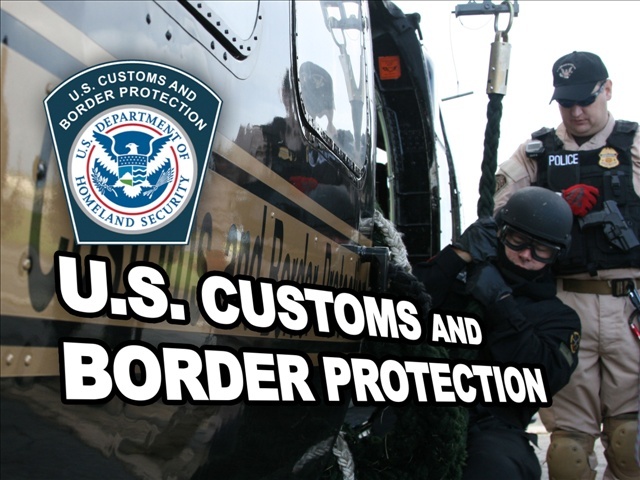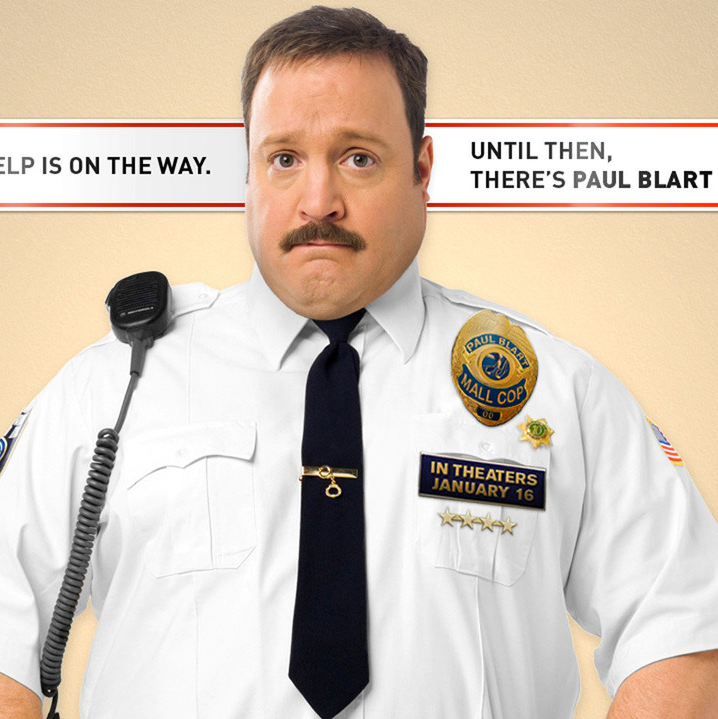
CBPGuy
7 Years Experience
SouthWest, US
Male, 25
I am a U. S. Customs and Border Protection Officer on the southwest border between Mexico and the United States. I know the ins and outs of the job as seen on TV/News and things intentionally hidden from the media! There's more to this job than "Anything to declare?" I dont know all but I'll do my best to answer any questions you have! All answers are my opinion, and my opinion only!
Actually, not very differently. ALL CBP Officers are trained the same at the academy from day one. Its not until you get to your destined Port Of Entry (POE) where they train you and prepare you for what you are more likely to see in that area. The POE training department will teach you and show you what crime and strategies used to carry out the crime is trending in the area to make you more aware of what to look for. From my personal experience, on the southern border we were extensively trained to find hidden compartments in vehicles for drugs or people. From what I've heard from colleagues in the north, they find a lot of 18-wheelers loaded with marijuana, named BC Bud.
This is a difficult question to answer. I cant speak for the Officers in the northern border but Ill answer it from my perspective in the South. We deal with a VAST amount of criminals and non compliants on a daily basis. I handcuff at least 3 people per eight hour shift for various of reasons. We deal with harassment from the public. We answer the same questions. We deal with the media. We deal with managers. Every officer on their own processes thousands of travelers per shift, and very rarely receive any gratitude. We have to be constantly vigilant and alert, because at any moment someone can pull a gun on us (which i've witnessed), brandish a knife (which i've witnessed), or throw a punch (which i've felt).
Not only that, but we also deal with problems at home because we're never home due to forced overtime. Officers are people too, we stress out like you stress out. I am not trying to condone their behavior but you can kinda see why. I do not behave that way in the slightest bit, but I also dont act like a Walmart greeter either. We are taught to be very stern, otherwise we're a target. I know this isn't a direct answer, but there really is no direct answer to your question.
There has been multiple occasions, particularly on Friday and Saturday nights when people are drunk coming back to the United States after partying in Mexico. There's not much to the stories. They don't want to comply, they start getting physical and resistant, and it goes to the ground.
I heard this from a news anchor recently, "Never fight a cop on the street, you will always lose that fight. Fight them in court."
This is just my opinion, but I THINK the reason for it is MONEY. It will cost way too much money to install booths and have Officers man those booths 24/7 just to collect I-94's or stamp passports. Not only that, but in my port, we are short about 300 Officers just to man regular operations. As for the airport, they collect the I-94's through the airline usually. If you dont have an I-94, your name is marked as Departure on our computer systems that are tied to the airlines.
We try to trust the judgement of the Department of State in that they did a thorough investigation on you before giving you a visa. We trust the CBP Officers giving you an I-94 that they fully believe you will return to your country as well. I think the US government relies mostly on the "honor" system. We trust that you will return back to your country by the time the I-94 expires. To catch the liars, we try to do that when you come back for another I-94 using skilled interviewing techniques. Its not THAT hard to catch someone, Officers just need the time to interview them to make them "break". We also catch a lot of overstays from local authorities who have arrested someone, usually for drunk driving, and are not sure of their status in the US.
Hope this helps.
Magician
 How do you feel about magicians on TV who reveal how tricks are done?
How do you feel about magicians on TV who reveal how tricks are done?
Security / Bodyguard
 Have you ever had to disarm an attacker?
Have you ever had to disarm an attacker?
Bodybuilder
 What kind of “primping” is required for competitions?
What kind of “primping” is required for competitions?
U.S. Customs & Border Protection has a lot more authority than local law enforcement. By crossing the international border, the Fourth Amendment makes an exception for warrant-less searches in regards to our Border Search Authority which can be found in the United States Code. Basically, we do not need a warrant for ANY types of searches we conduct on the border as long as a reasonable officer believes they should do so. So no, we do not need a warrant.
This may be a little hard to hear, but we are basically trained that every alien entering the country is guilty until proven innocent. This is not in a sense as a criminal, but in a sense that we must assume that they are all trying to immigrate here unless they can prove to the officer that they will not. Now, i was not there for your situation with your brother, but it seems like the officer believed your brother was intending to immigrate (live) in the US. Aliens can be denied entry solely based on an officer's suspicion alone. That doesn't happen often, but is completely legal and is written in the Immigration and Nationality Act.
Sorry but I would rather not answer this question and give any readers ideas on the best ways of entering the United States illegally. However, with that being said, Google is a better source for fairly accurate statistics.
Its very simple. Any person can see when someone is lying. Its human nature not to lie, so when you do your body makes involuntary actions. Your eyes wander no matter how hard you try to look at the officer. Your voice gets higher pitched. You answer questions with a question, like "This car?" You start playing with your beard/hair/finger nails/nose. You start to sweat. A person automatically feels a tremendous amount of pressure when they need to lie and all of those actions mentioned simply just happen.
-OR-
 Login with Facebook
Login with Facebook (max 20 characters - letters, numbers, and underscores only. Note that your username is private, and you have the option to choose an alias when asking questions or hosting a Q&A.)
(A valid e-mail address is required. Your e-mail will not be shared with anyone.)
(min 5 characters)
By checking this box, you acknowledge that you have read and agree to Jobstr.com’s Terms and Privacy Policy.
-OR-
 Register with Facebook
Register with Facebook(Don't worry: you'll be able to choose an alias when asking questions or hosting a Q&A.)